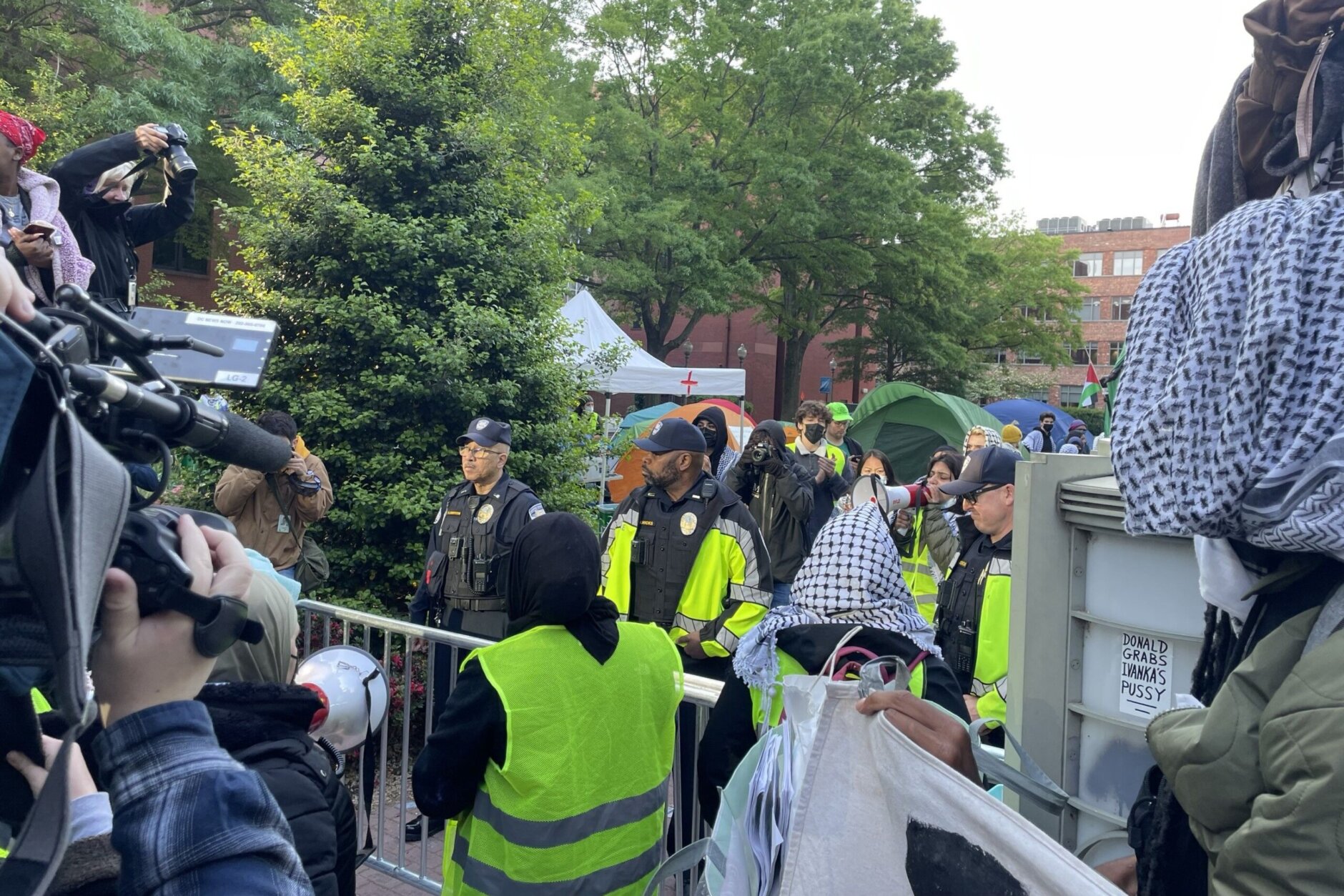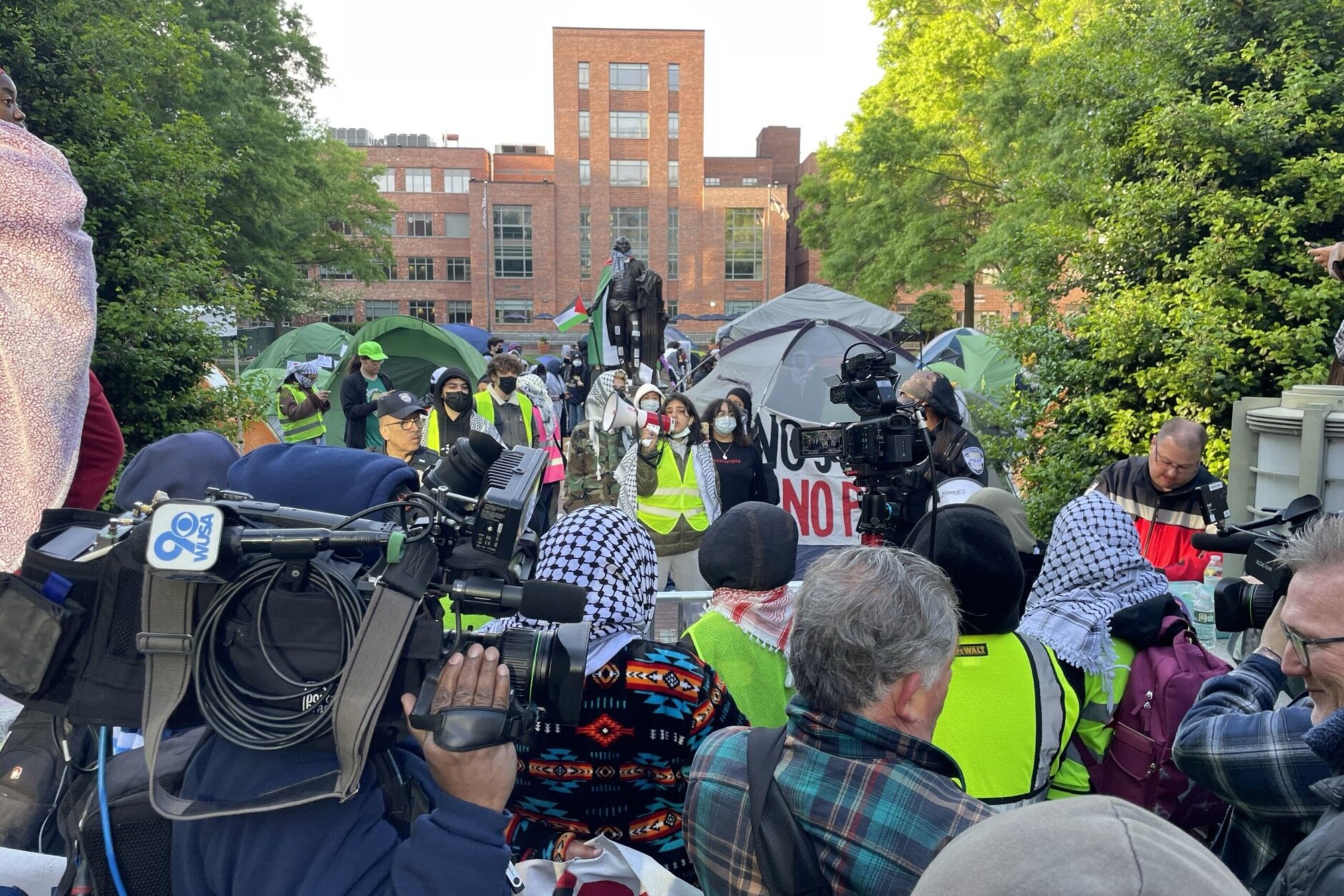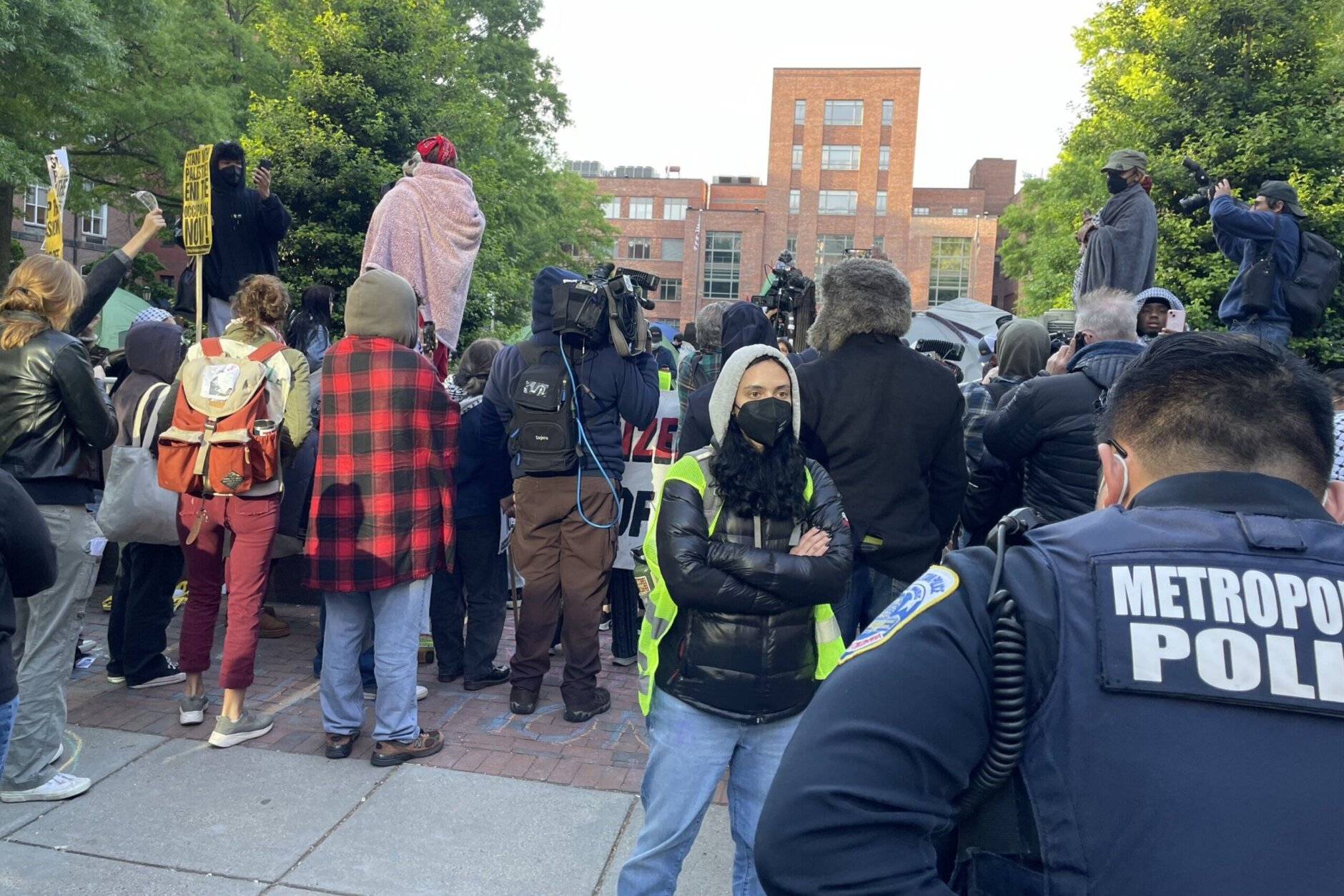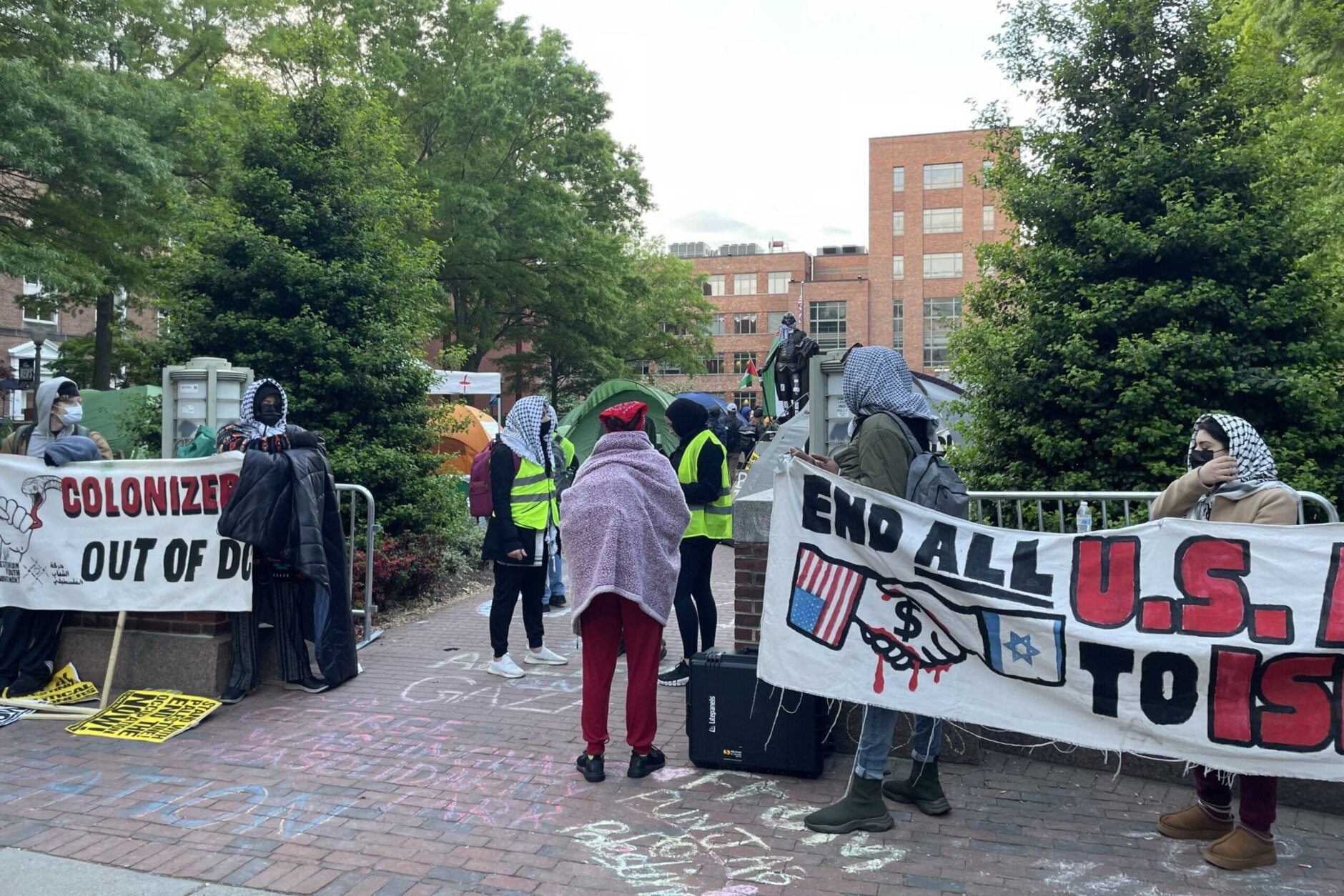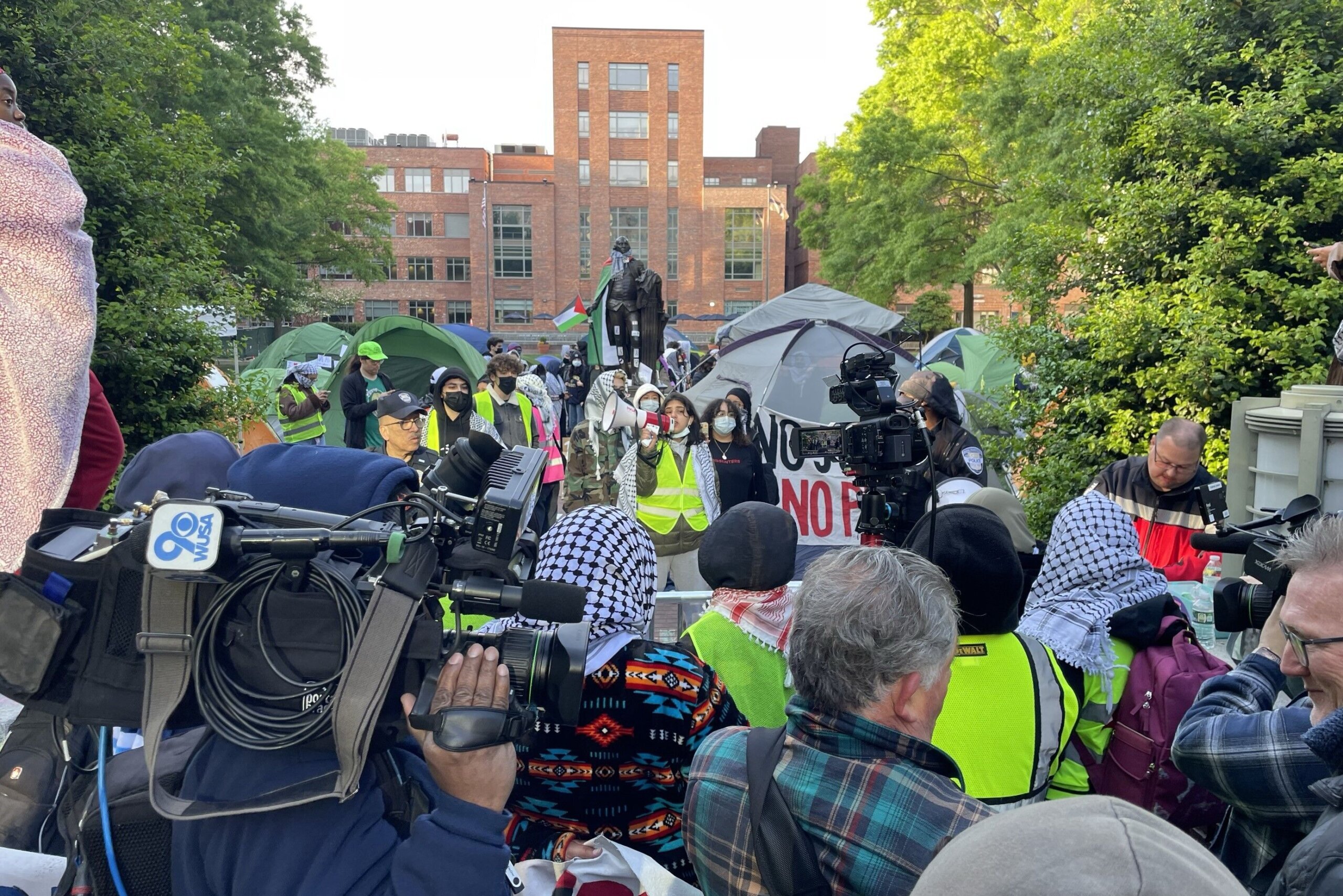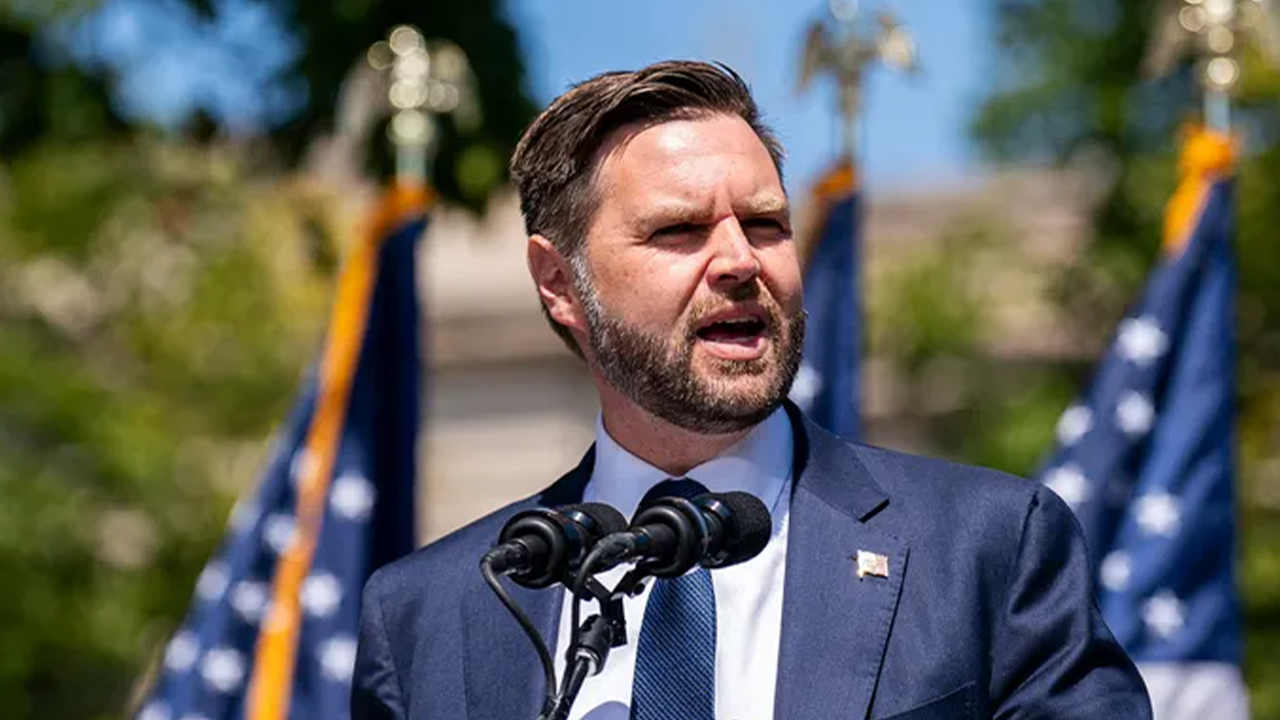
In recent days, colleges and universities across the United States have seen a wave of student protests against financial ties to Israel and companies enabling the conflict in Gaza. Among these institutions, some have chosen to negotiate with students while others have called the police to disperse demonstrations.
At Columbia University, where the protests began ten days ago, students have been camped out at Low Library for over a week. The university administration has been in talks with student leaders and has not yet taken any action against them. According to historians, these student uprisings are considered one of the most consequential in recent times.
However, not all universities have followed this approach. Indiana University Bloomington arrested 33 students after a tent encampment appeared on campus. The University of Connecticut arrested one person and tore down tents during a protest. Ohio State University also faced protests, but authorities did not make any arrests.
The decision to negotiate or call the police depends on each university's approach to free speech and student activism. Some universities, such as Emory University in Georgia, have allowed students to camp out and hold peaceful demonstrations. Others, like City College of New York and the Fashion Institute of Technology in New York City, have taken a more aggressive stance.
The protests began after students at Columbia were inspired by similar actions at other universities. More than 200 students from dozens of colleges participated in a Zoom call to discuss strategies for starting similar protests on their own campuses. Historians consider these student uprisings to be one of the most consequential in recent times.
Despite the ongoing negotiations and arrests, some faculty members have expressed concern about the university administrations' handling of the situation. They argue that free speech should be protected and that students should not be punished for expressing their opinions.
The Israel-Hamas war protests continue nationwide, with students remaining camped out on George Washington University's campus in protest of the university's investments in Israel-connected companies. The situation remains fluid as universities navigate the complex issue of balancing free speech and student activism with maintaining order on campus.
